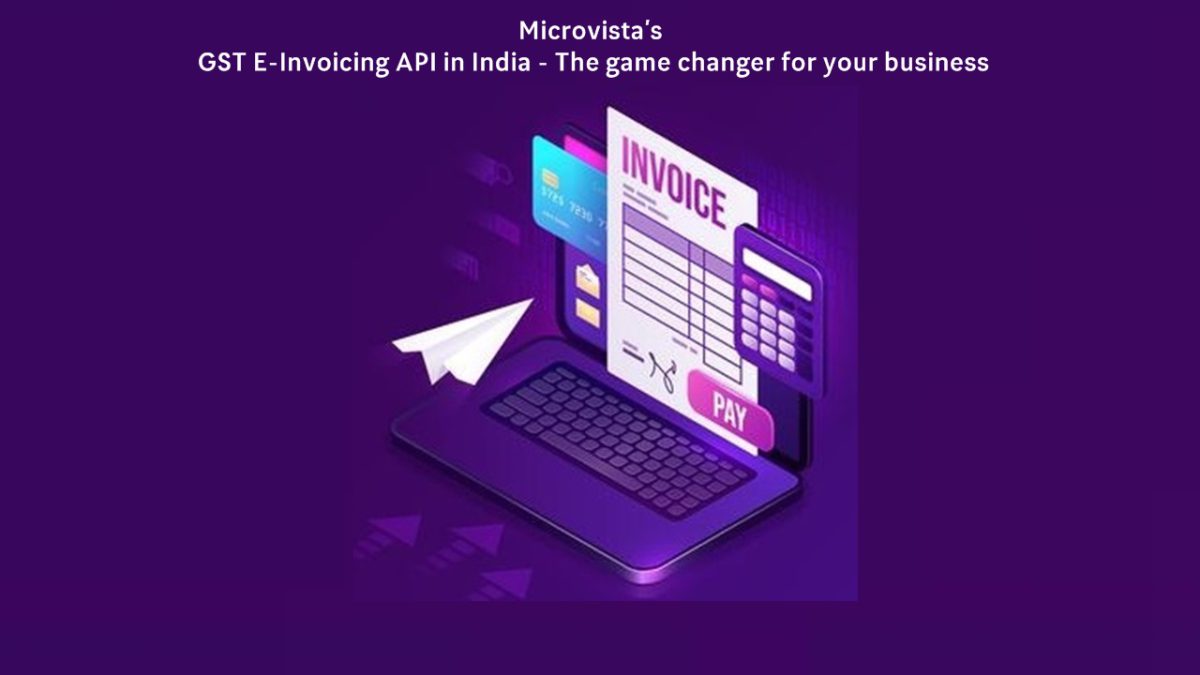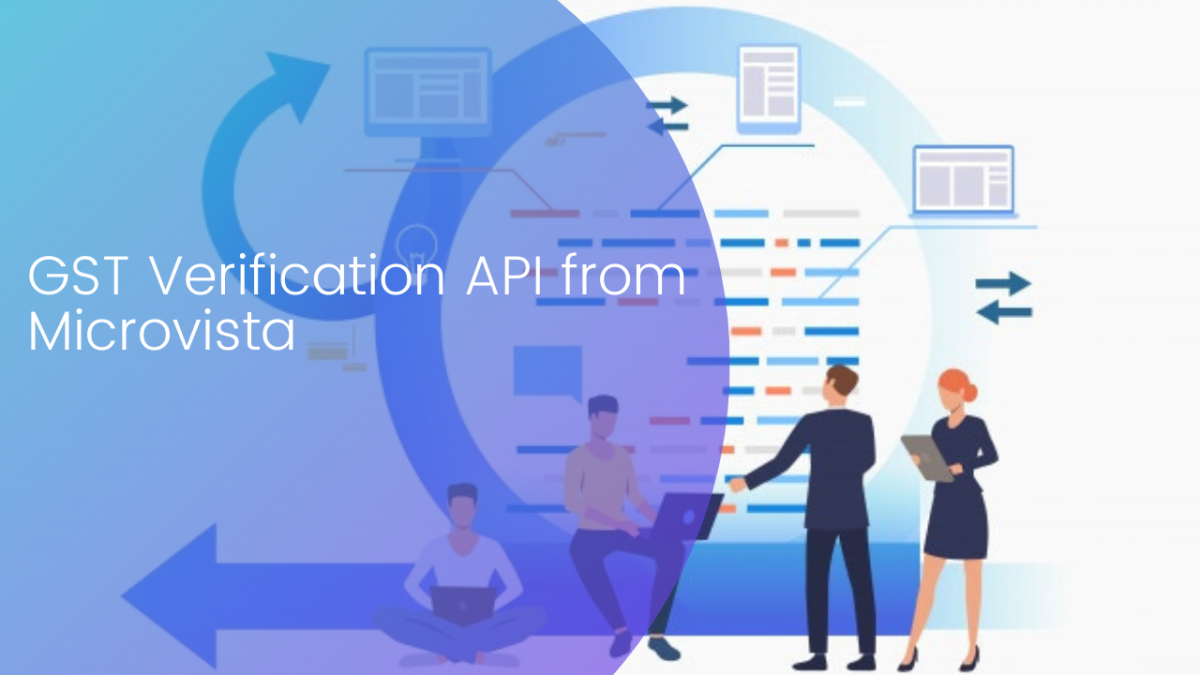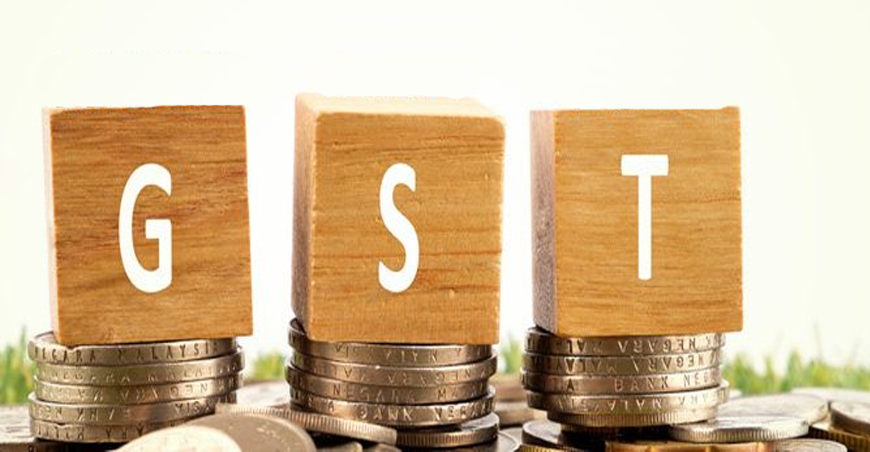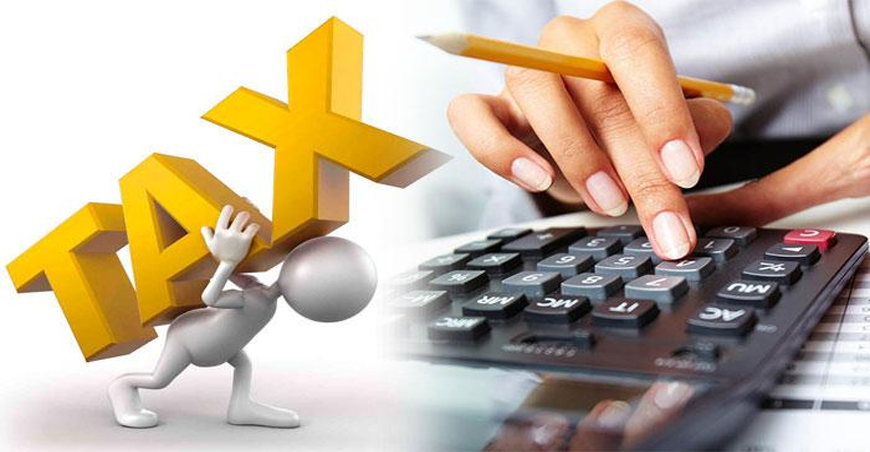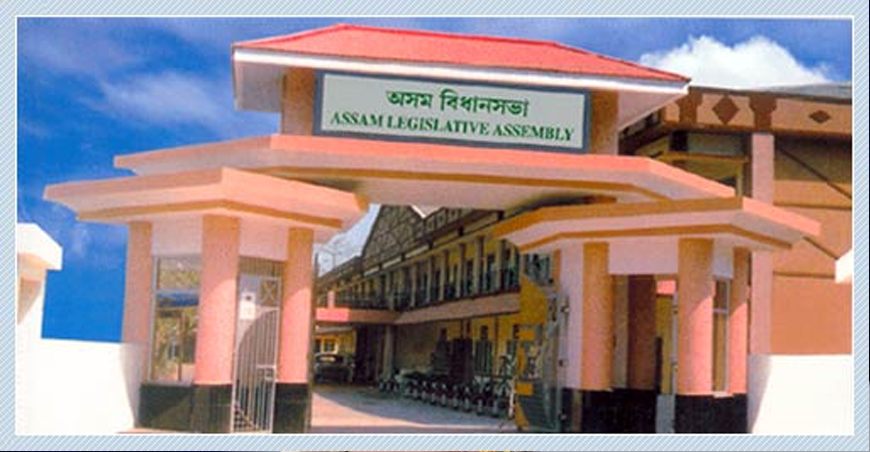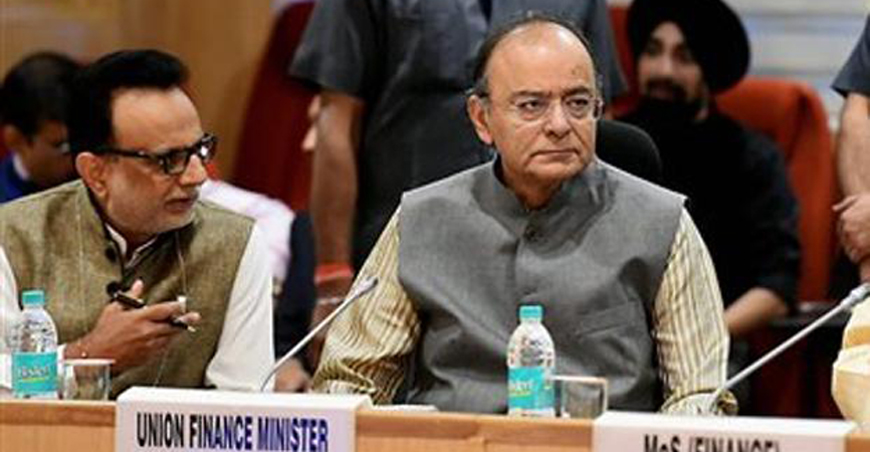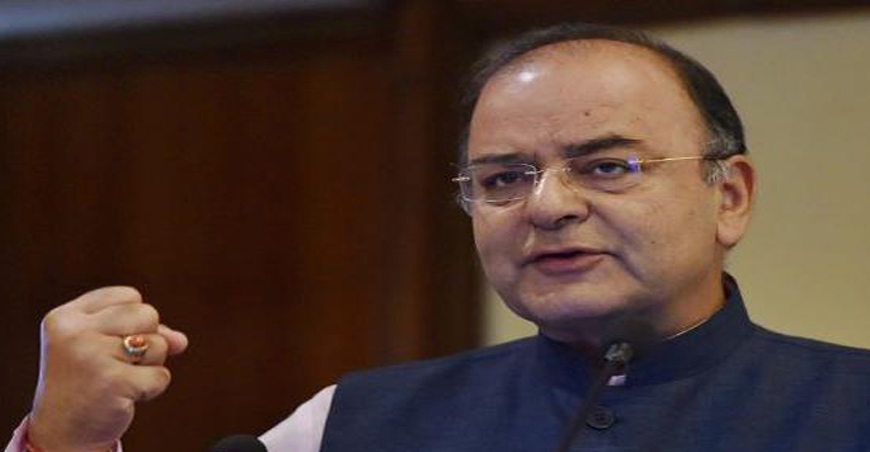What are e-Invoices?
A structured and standardized system to report all B2B invoices to the GST system has been introduced by the government. This is also known as “E-Invoicing under GST” or “Electronic Invoicing”. This is a system to generate authenticated B2B invoices between the supplier and the buyer. It is a system where invoices are generated digitally in a structured format for B2B transactions and validated by the Goods and Service Tax Network (GSTN).
This has become mandatory for all the companies with a turnover of over Rs.100 crores to switch to E-invoicing system from 1st January 2021. It already became mandatory for companies with a turnover of over Rs. 500+ crores from 31st October 2020. Further, this would become mandatory for all B2B transactions irrespective of company size in the coming 12 to 18 months.
Basically, it’s the invoice that is ‘reported’ on the GSTN Invoice Registration Portal prior to sending to the buyer. The portal then issues an IRN (Invoice Registration Number) along with a QR code that should be printed on the invoice and then sent to the buyer. This way all invoices that are transferred to the GST portal are uniform in structure and makes the whole process of filing GST very easy.
Connect with Microvista for best GST E-Invoicing API solutions.
Benefits of e-Invoicing:
This is very important and significant to understand.
Real time invoicing:
E-invoicing helps to track real time data of invoices generated by the supplier. It also enables the fast availability of Input Tax Credit (ITC). It is also very easy to keep the track of e-invoices byu he supplier and the buyer.
Easy generation of e-way bill:
Taxpayers can just enter the vehicle’s details and then the e-way bill can be created very easily. Details are auto-populated in the part A of the e-way bill from the GST portal for the authenticated invoice.
Standard format:
E-invoices are generated in a standard format which helps in uniform information flow and makes it easy to understand by the stakeholders involved. This makes the whole process of invoicing very simple and interoperable.
Faster access:
E-invoicing helps to access invoices faster and easier.
Reduced data entry error:
All the invoices generated under the e-invoicing system are uploaded on a common portal and are very well authenticated before transferred to the GST portal. This happens in real time. This auto population system reduces the changes of data entry since manual entries are eliminated during GST return filing.
Why get the GST E-Invoicing API from Microvista?
Generate e-invoices very easily without any errors with Microvista’s best quality and enriched GST E-Invoicing API service. We make sure that the data is checked, validated, authenticated, encrypted and transmitted securely to the IRP (Invoice Registration Portal), then the IRN is sent to you in a ‘ready to print’ format. Our provided data includes the IRN and QR code for your easy use.
With our GST E-Invoicing API, you will experience:
- Seamless and smooth integration with your existing system/software.
- Our GST E-invoicing API is scalable for the future and convenient to use.
- Our expert team is available to assist you whenever you face any issue.
- High data security.
- Direct communication between the supplier and the buyer through a well monitored system.
- Prompt customer support.
- Transparency in all our communication.
- We have a large handling scale in India.
Get started with GST E-Invoicing with our API:
Microvista’s GST E-Invoicing meets the standard and mandate requirements of GST E-Invoicing. We provide India’s most trusted and the simplest e-invoicing API solution. We would be very happy to share more details with you. Contact us today for the best and enriched e-invoicing API or for the best GST E-Invoicing API in India. Call Our Experts 70167-11841 / 97731 38204 / 079-26460445.

